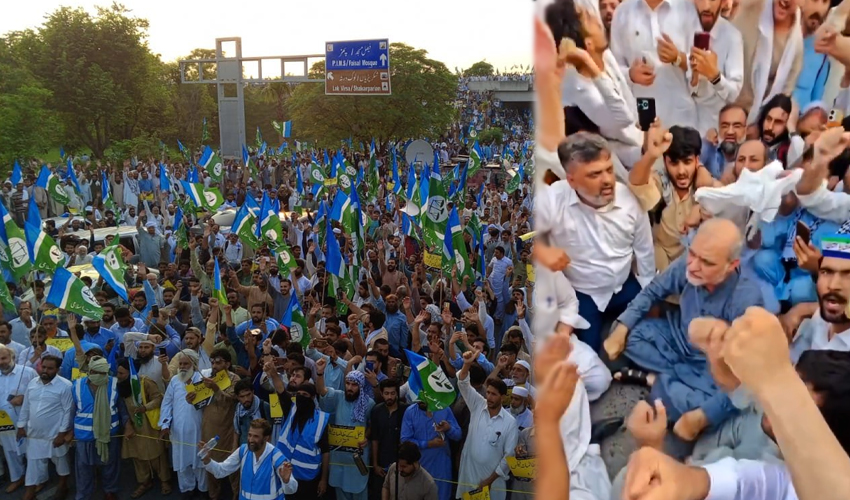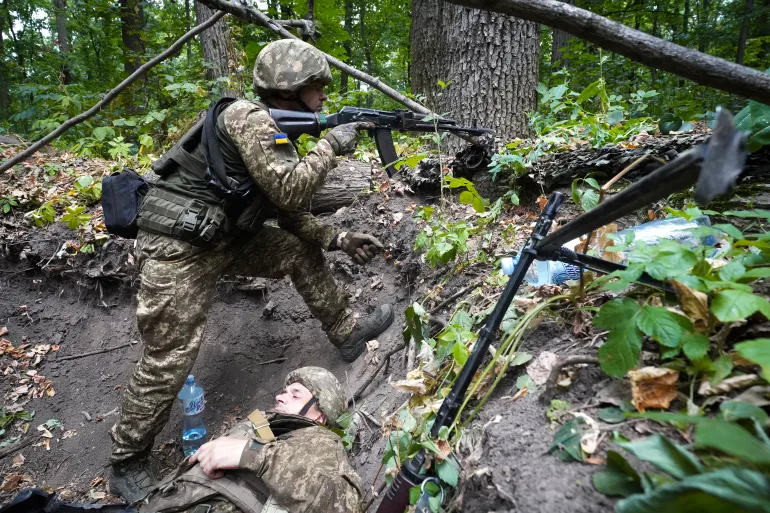In the past week, the United Nations reports that nearly half a million Palestinians have evacuated Rafah as Israeli armored forces continue their advance into the densely populated southern sector of Gaza. The United Nations Relief and Works Agency (UNRWA), which aids Palestinian refugees, has expressed grave concerns over the dire conditions faced by the populace, including relentless fatigue, scarcity of food, and pervasive dread.
The Israeli Defense Forces (IDF) have stated their ongoing military actions are targeting sites associated with terrorism in Rafah’s eastern region, where over a million individuals had previously sought refuge. Concurrently, new military maneuvers in the northern part of Gaza have resulted in the displacement of an additional 100,000 residents.
Israeli soldiers have re-entered the neighborhoods of Zeitoun and Jabalia, areas where, according to military reports, Hamas has reassembled its forces a mere five months after Israel declared the dismantling of the group’s local factions.
Prior to commencing these offensives, the military issued evacuation orders to civilians in eastern Rafah and Jabalia, citing their safety. The recent surge in displacement affects nearly a quarter of Gaza’s 2.3 million residents.
The IDF launched a comprehensive military operation aimed at dismantling Hamas following the organization’s incursion into southern Israel on October 7, which resulted in approximately 1,200 fatalities and the abduction of 252 individuals.
Since the onset of the campaign, the death toll in Gaza has surpassed 35,170, with 82 casualties reported in the last day alone, as per the health ministry controlled by Hamas.
Recent developments include the death of an Indian UN staff member in Gaza, Israeli demonstrators obstructing aid convoys bound for Gaza, and the profound impact of the Gaza conflict on Israel’s day of remembrance.
On Tuesday, UNRWA shared images depicting the desolation of Rafah’s streets, which were once teeming with tents and temporary shelters prior to the Israeli operation initiated on May 6.
Despite families fleeing in quest of sanctuary, UNRWA has declared that no location remains secure, and an immediate ceasefire is imperative.
Louise Wateridge, a spokesperson for UNRWA stationed in Rafah, conveyed via X (previously known as Twitter) that the remaining families have relocated as far west as feasible, erecting tents along the Mediterranean coastline. She described the inland areas as now deserted.
Hadeel Radwan, a mother recently subjected to a cesarean section and currently taking refuge in the western district of Tal al-Sultan, recounted her terror amidst incessant bombardment and the struggle with shortages of potable water and essential supplies. Speaking to the AFP news agency, she explained the challenges of rapid relocation under such perilous conditions.
Other residents have informed Reuters that Israeli tanks are penetrating deeper into the residential zones of southeastern Rafah, having traversed the primary north-south thoroughfare leading to the Rafah crossing with Egypt, now under Israeli control.
According to local accounts, the tanks commenced their westward progression from Salah al-Din road into the neighborhoods of Brazil and al-Jneineh. These areas, now scenes of conflict, were part of the initial and subsequently expanded evacuation zones mandated by Israel.
The populace has been directed towards a designated “expanded humanitarian area” extending from the coastal belt of al-Mawasi to the central locality of Deir al-Balah. However, the UN has indicated that this region is devoid of fundamental infrastructure.
The IDF released a statement on Tuesday asserting the neutralization of several armed cells and the discovery of weaponry during close-quarter engagements at the Gazan side of the Rafah crossing, as well as in the eastern sectors of Rafah.
Hamas, designated as a terrorist organization by Israel, the United Kingdom, and other nations, remains at the center of these escalating tensions. However, most of the other countries take HAMAS is a reaction to the state oppression by Israel.

















































